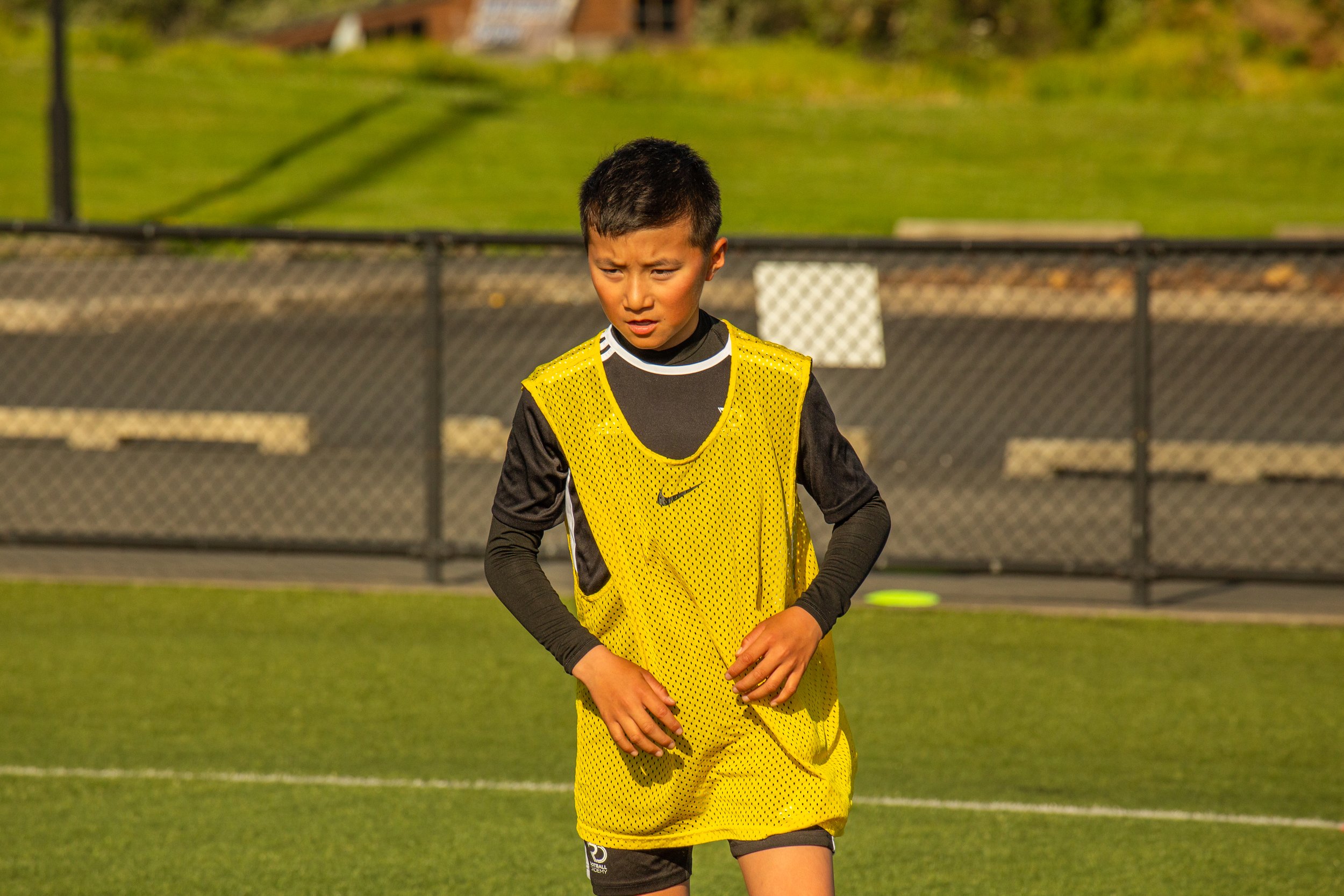From Sideline to Support System: Mastering the Post-Game Conversation →
What You Say After a Bad Game Matters More Than You Think
At RD Academy, we talk a lot about growth mindset, resilience, and helping young athletes develop not just on the field, but off it too. One of the most overlooked—and most powerful—moments in a child’s sporting journey?
The car ride home after a tough game.
It might seem like just another drive, but in that short window, a parent’s words can either build a child up—or unintentionally tear them down. How we talk to our kids after a performance, especially a poor one, has lasting effects on how they see themselves, how they handle failure, and whether they continue to enjoy the sport.
The Power of Words
As parents, we mean well. We want to encourage, motivate, and help our children succeed. But even well-meaning comments can sometimes have the opposite effect—especially when they shift the focus away from growth and effort, and toward results and judgment.
Let’s break it down.
What NOT to say:
“Why didn’t you score?”
“You need to work harder.”
“You let your team down today.”
“What was that pass?”
“You didn’t try hard enough.”
These types of statements might come from a place of concern or a desire to help. But they emphasize outcome over effort and can lead to shame, fear of failure, or performance anxiety. They can also make children feel like their worth is tied to how well they play, rather than who they are.
What to say instead:
“I loved watching you play.”
“How did the game feel for you?”
“What’s something you’re proud of?”
“What did you learn today?”
“I’m proud of how you handled that.”
These questions and affirmations invite your child into a reflective conversation. They show that your love and support are unconditional—not dependent on performance. They also encourage emotional resilience, self-awareness, and a healthy relationship with sport.
Why This Matters
Not every game will go well. Mistakes, off days, and tough losses are inevitable—and that’s a good thing. Sport is one of the best teachers of life’s lessons, but only if we help our kids interpret those moments in the right way.
A child who feels emotionally safe after a loss is far more likely to:
Learn from their mistakes
Stay confident in themselves
Develop grit and perseverance
Enjoy the game more and stick with it longer
But a child who associates failure with disapproval, criticism, or shame? They’re more likely to burn out, lose motivation, or struggle with anxiety under pressure.
Thought for Parents
Your child doesn’t need you to be their coach—they already have one. What they need from you is something even more powerful: to be their steady supporter. When you focus on effort, attitude, and what sport is teaching them about life, you help build not just better athletes—but stronger, more resilient young people.
So next time the final whistle blows and the game didn’t go to plan, take a deep breath. Remember the influence you have. And maybe just start with:
“I loved watching you play.”


